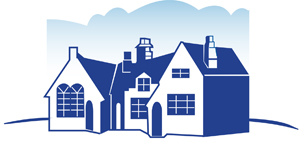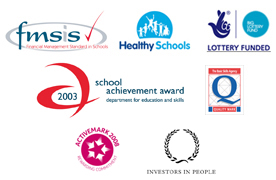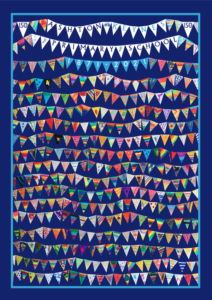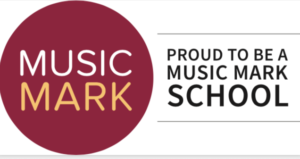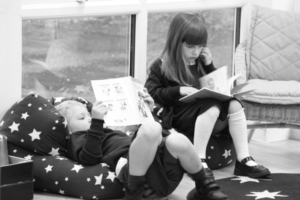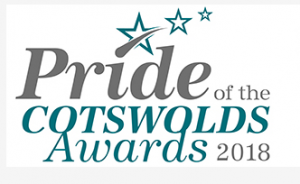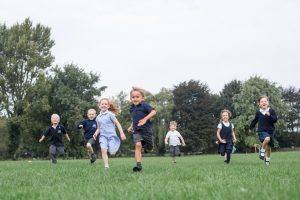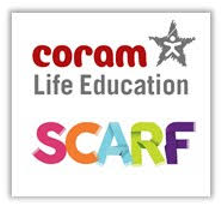PSHE / RSHE
PSHE summary
Personal, Social, Health and Economic (PSHE) education
Our Christian values underpin our ethos; every child is valued and encouraged to achieve their full potential. Every member of our school community is encouraged to respect and value each other.
They are supported to develop their own self and self esteem (shine) and be understanding of the need to respect, support and help others (reach). Wherever possible we make close links between our values, worship, RSHE and PSHE curriculum and link very closely with our golden thread of Wellbeing and Global advocacy. Both of these run through the heart of our curriculum and spiritually develop children as respectful advocates of change who strive to be excellent citzens in our community, country and world and support them to look after their own physical and mental health.
PSHE education is a planned, developmental programme of learning through which children and young people acquire the knowledge, understanding and skills they need to manage their lives now and in the future. As part of a whole-school approach, PSHE education develops the qualities and attributes pupils need to thrive as individuals, family members and members of society.
PSHE education can help schools to reduce or remove many of the barriers to learning experienced by pupils, significantly improving their capacity to learn and achieve (PSHE Association evidence base). The PSHE education programme makes a significant contribution to pupils’ spiritual, moral, social and cultural (SMSC) development, their behaviour and safety and the school’s statutory responsibility to promote pupils’ wellbeing. In addition the learning provided through a comprehensive PSHE education provision is an essential to safeguarding pupils. This works closely with our RSHE policy which supports the statutory DfE requirements to teach relationships, health and sex education progressively across the primary school and as a Church school we use the Diocese ‘Goodness and Mercy’ framework and resources to deliver this. (See our RSHE policy)
PSHE education equips pupils with the knowledge, understanding, skills and strategies required to live healthy, safe, productive, capable, responsible and balanced lives. It encourages them to be enterprising and supports them in making effective transitions, positive learning and career choices and in achieving economic wellbeing. A critical component of PSHE education is providing opportunities for children and young people to reflect on and clarify their own values and attitudes and explore the complex and sometimes conflicting range of values and attitudes they encounter now and in the future.
PSHE education contributes to personal development by helping pupils to build their confidence, resilience and self-esteem, and to identify and manage risk, make informed choices and understand what influences their decisions. It enables them to recognise, accept and shape their identities, to understand and accommodate difference and change, to manage emotions and to communicate constructively in a variety of settings. Developing an understanding of themselves, empathy and the ability to work with others will help pupils to form and maintain good relationships, develop the essential skills for future employability and better enjoy and manage their lives.

RSHE summary
The aims of Relationships and Sex and Health Education (RSHE) at Ashton Keynes Primary School are to:
- Provide a framework in which sensitive discussions can take place
- Prepare pupils for puberty, and give them an understanding of sexual development and the importance of health and hygiene
- Help pupils develop feelings of self-respect, confidence and empathy
- Create a positive culture around issues of sexuality and relationships
- Teach pupils the correct vocabulary to describe themselves and their bodies
- Take account and be respectful of the religious background of our pupils
- Be taught in a context of Christian teaching and spiritual development, with sexual relationships being understood in the context of loving, faithful relationships.
At Ashton Keynes Church of England Primary School, we believe that every child is unique and special and valued by God.
Aims and Key Principles
Our Christian values underpin our ethos; every child is valued and encouraged to achieve their full potential. Every member of our school community is encouraged to respect and value each other. We believe that, to be effective, RSHE should be taught within a broader PSHE education programme. RSHE enhances and is enhanced by learning related to topics including anti-bulling; keeping safe on and off line; keeping physically and mentally healthy, learning about drugs, alcohol and tobacco; and the development of skills and attributes such as communication skills, managing peer pressure, risk management and decision making.
Through a planned programme of learning, we aim to provide our pupils with the knowledge, understanding and skills that they need in order to manage their lives both now and in the future. As part of a whole school approach, we aim to develop the attributes our pupils need to thrive as individuals, as part of a family and as a confident member of the wider community.
Our school is committed to serving its community and surrounding areas. We recognise the multi-cultural, multi-faith and ever-changing nature of the United Kingdom, and therefore those we serve. We also understand the vital role we have in ensuring that groups or individuals within the school are not subjected to illegal or intimidating influences. At our school we embrace the British Values of: democracy, the rule of law, individual liberty, mutual respect and tolerance of those of different faiths and beliefs.
We want our children to learn to understand and respect our common humanity, diversity and differences so that they can go on to form the effective, fulfilling relationships that are an essential part of life and learning.
We use the Church of England Goodness and Mercy Resources to teach RSHE https://goodnessandmercy.co.uk/teaching-resources/


